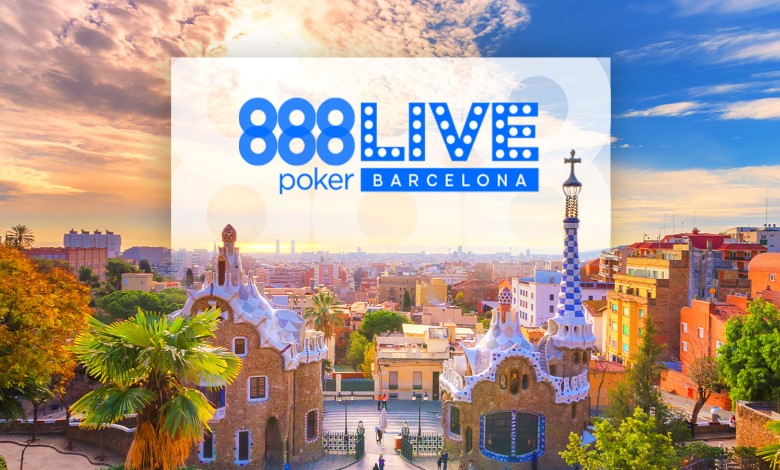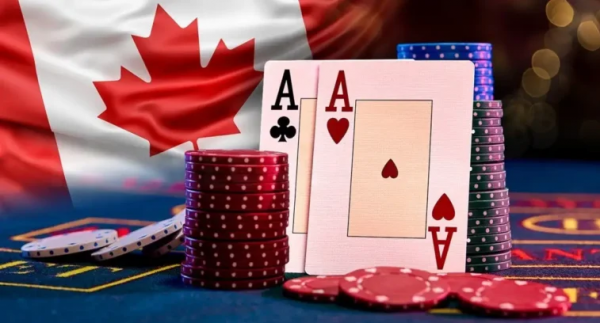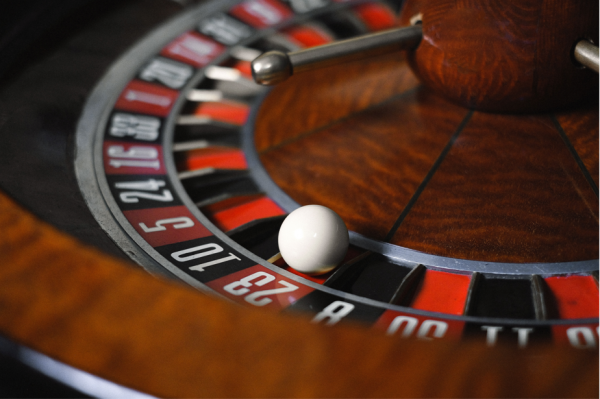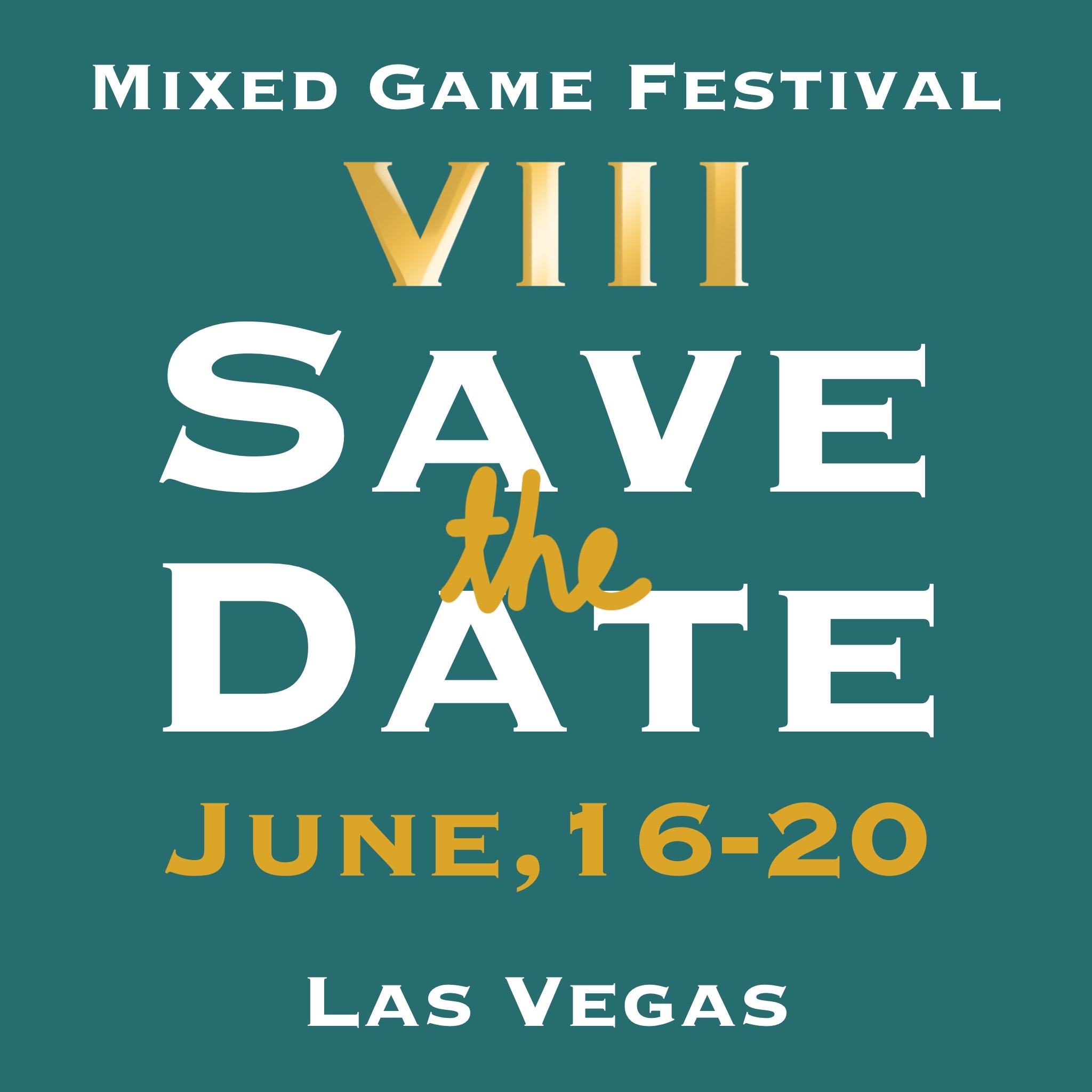I’ve known Jayne Furman for a few years now, having connected with her at multiple events along the U.S. poker circuit, including the World Series of Poker and the World Poker Tour Tournament of Champions. A delightful, energetic human being, Jayne is quite simply a pleasure to speak with, and we’ve had a number of great and enjoyable conversations together. Her work is beloved by the poker community, with years of exquisite photographs and images she’s captured on the poker scene etched into our collective memories.

Indeed, we’re all familiar with her exceptional talent behind the lens, but now it’s time that we bring Jayne’s own story into focus. Incredibly, Jayne has never really been interviewed before, so I consider it a great honor that she agreed to open up about her life and career as part of our ongoing Get to Know the Poker Media series. Almost immediately upon sitting down together a few days ago to record the interview, I knew that we had something special on our hands.
Enough from me. It’s time to let Jayne do the talking…
What made you want to get into photography? Did you always have a knack for it, and did you study it in university?
OK, so, I have had a camera in my hand for as long as I can remember. Back when I was 9-10 years old, already. I’ve just always been fascinated by it. I must have had the eye for it, because really, I mean it’s so technical now with digital cameras, but of course we’re talking about quite a few years ago.
Back then, of course, it was film and developing.
So, then you went and decided to study photography in university?
Oh, no, no. I went to school at Stony Brook, in New York. I actually majored in Math. I was not aware that I could actually major in Photography. See, I didn’t have friends at the time who were photographers. I just always loved it and always did it. In college, I met photographers. I became very friendly with them, and now was fascinated with their work and did a little posing. But I learned a lot. I did take a class or two, and spent almost all my free time in the darkroom.
Wow. So what made you want to go in that direction as opposed to pursue the mathematics?
Well, I did pursue the mathematics. I have a degree.
I mean, did you get any jobs like teaching mathematics or that sort of thing?
After school, I was recruited by Texas Instruments, and I went down to Dallas, and I worked there for a couple years. But, like my mom said, you can take the girl out of the city, but you can’t take the city out of the girl. So I came back to the Tri-State Area (I was born in Brooklyn).
While I was in school though, I was very interested in photography; way more than math. Like I said, I spent a lot of my free time, almost all my free time, at it. The other part of my free time I spent in the dojo. I started taking karate. I actually passed my black belt test plus a little bit, a couple of other stripes after that. But those were my hobbies.
Interesting. So how did you get from Texas Instruments to starting to do photography for a living?
So, you might have to get out your calculator, because there are a few years between then and now. I’ve had a couple of careers since then. I actually worked for a number of years, clerking for a couple companies on the trading floor of the New York Mercantile Exchange. I was the office manager for those companies.
And this entire time, as a hobby, you continued doing photography?
Of course. I’ve had more cameras stolen than most people probably own! In New York City, they’d break into my car and steal my cameras. It was devastating. Not for the camera, but for the film that was on there, and the pictures that were irreplaceable.
Wow. So when exactly did photography begin for you as a career?
About 18 years ago, when I moved to Vegas. I had been working at the World Trade Center, like I told you. I was actually there in 1993 for the first bombing.
Oh! Good heavens!
I was on the first floor, when the bomb went off in the parking garage. By all accounts, I shouldn’t be here today. Obviously, it was not my time. And I knew, that day, I was going to leave the city because I wanted to live in a safer place.
The horrific irony is that my brother was killed in 2001, on 9/11. And he worked in the World Trade Centern at Cantor Fitzgerald on the 105th floor.
And Cantor Fitzgerald was decimated. Oh, my G-d.
So I knew I was going to leave, and I had some family that was already out here in Vegas. And I was visiting three and four times a year and I loved it out here. I was playing some low-stakes limit Hold’em, a hobby. I’m not a tournament player; I’ll never be a good poker player.
I like to play. I play literally micro stakes, although I have 7xed and even 8xed… have I 8xed my stack by now? Yeah, because I play micro. Micro micro.
Like online, at WSOP.com?
Yeah, and I love it. It’s just fun. It’s not about the pennies or the dollars; I just enjoy it. Of course I’ll never be at the level of these players that I photograph. But I can appreciate it, and I’m in awe of them.
So when you moved to Las Vegas, that’s when you became interested in poker?
Yeah. I actually, I was playing a little blackjack. You know, there’s all this math. I think you can probably get the idea. We were very competitive growing up, my brothers and I and my stepdad, Harold Lille, and my mom. My stepfather and my mother were world-class bridge players. We were just a very competitive group, my brothers and I. And so when I came out to Vegas, you know, they would go out to the casino and they would play poker at the Mirage, and I would go to the blackjack table. And my stepdad said, why don’t you learn how to play poker?
I sat behind him. I was more interested in the cocktails, so I’d just have Bailey’s and vodka or whatever I was drinking. I finally learned a bit by watching, and I read David Sklansky’s book, The Theory of Poker; the basic book that probably everybody read back then.
Hold’em specifically?
Just Hold’em. And I was playing $3-$6 limit, which I would never do today. The game would be just crazy big for me; I would never play that game now.
OK, so. From playing, how did you make it into the poker industry?
That’s a great question. So, I had an opportunity to work for Poker PROductions in 2011.
So you had already been here in Las Vegas for about 10 years?
Yes, I was here in Vegas, and I was doing some other work along with photography, and an opportunity came up for me to work during the Main Event, in 2011. I saw all these people running around with cameras. I didn’t know anybody. I didn’t know one person in the industry, just my stepdad and Steve Zolotow, who has been a family friend for decades. Steve sent my resume over to Mori Eskandani and said hey, you know, can you use Jayne, she’s interested.
As it turned out, there was an opportunity, so I spent a week working with Poker PROductions as a logger. I was just logging a lot of data into an iPad. It was nothing; very entry level, but I liked what I was doing.
When I saw people with cameras—I didn’t even know there were photographers in this industry! I started to ask a few people, “who do you work for?” One thing led to another and I found Eric Ramsey, of PokerNews, on Day 7 of the Main Event. I waited until it was a little quieter, so I could speak to him. I said, “I’m a photographer, here’s my website. Do you have any openings?” He said, “Let’s stay in touch, and we’ll see.”
The following year, I stayed in touch with Eric a few times via email. I think it was in April of 2012, he let me know that there were no openings. Now, I was crushed because I thought that this photography team for PokerNews consisted of tons of people. Because I kept seeing people running around with cameras, rather than professional equipment, I thought that the team had 20 or 30 photographers on it. I didn’t realize that there were just a handful. So, I was bummed, but I said, “Look, Eric, I live 20 minutes from the Rio. If something changes or you need somebody, please let me know.”
I guess, serendipity—you know, sometimes you have to make your own luck. It was crazy luck. Somebody on the team got a full-time job out on the East Coast working for a newspaper, and it happened right around the time of the World Series of Poker for 2012. So, I lucked out. Eric, he gave me a chance, and from there I met Joe Giron, who led the WSOP photography team. Joe mentored me and I’m about to start my seventh year shooting the WSOP for PokerNews on his team.
So, as you mentioned, we always see lots of people running around with cameras and taking pictures at poker events, and then we see the pictures online. What happens in between? You stand there, you take a picture, and then somehow they appear online. What is it that you do to facilitate that?
Right, OK. So, time is of the essence because we want it to be relevant to the action that’s happening at the moment. So, we quickly go back to our computers, upload the photos, process them, and pass them along to the live update team so they can be published publicly.
Do you do any editing or Photoshopping?
Of course! We all have professional software. We edit the photos if it’s necessary. Of course, the main objective is to take the best picture that you can take, so you cut down on your process time, on your editing. So you want to make sure that you’re technically shooting properly. And yeah, there’s some Photoshop, like for the winner’s pictures that you see at the WSOP.
So here’s a bit of a broad question: what makes a good picture? How do you know that you got the shot?
Well, I like to think I have the eye; sort of a knack for it. Of course, in poker, because I understand the way the game is played, I feel that it helps. The knowing that I can watch a player, see the action, and I know when it’s a person’s turn to act. I can just tell. You look at somebody’s chip stack, and you’re probably going to get a moment where the chips will go in to the pot.
Poker players usually aim to hide their emotions in order to be successful in live games. Do you feel it’s challenging to be a photographer because they’re always trying to hide what you’re specifically trying to capture?
Very much! Sure! Honestly, a lot of my time is just standing around and waiting; looking for the needles in the haystack. I mean, you can’t make something out of nothing. You want to document what’s going on because you’re a photojournalist. You’re trying to capture the action and have the photograph portray what’s really going on.
Right. I like what you said there. It’s not just a photographer, it’s a photojournalist, because you’re telling a story.
Yeah, you have to tell the story. I mean, a picture without context says nothing.
That’s the quote of this interview. “A picture without context says nothing.” I love it. Brilliant line.
And that’s something that I learned also from Joe. Focusing, zooming in on somebody’s face, what does that mean? What is that? If I take a close-up of your face, what are you doing? Are you playing poker? Or are you having dinner?
So, if you look at images, you’ll always see that I try to tell the story, with “what is the picture saying?”
You have covered so many events all around the world. What have been some of your favorite ones and why?
It’s always going to be hard to choose. I love what I do. I think one of the events that stands out the most for me was the 2014 WSOP final table, when Martin Jacobson won. That stands out because I shot that by myself for PokerNews and the World Series of Poker. So that’s something that just stands out in my mind, but it would be really hard for me to pick one event.
READ MORE: Interview with 2014 WSOP Main Event Champion Martin Jacobson.

Martin Jacobson wins the 2014 WSOP Main Event
How about a moment? Is there a particular picture where you would frame it on your own wall and say “This is my finest work”?
Well, I don’t typically frame my poker work. I think I’m probably a little too humble for that. I have actually framed one of Joe’s pictures though. That said, there’s a picture I took of Daniel Negreanu at the 2014 Big One for One Drop during his entrance that I just love.

Daniel Negreanu enters the 2014 Big One for One Drop
In my downtime, I actually enjoy capturing landscape and scenery. I like to travel, so I like to take pictures of where I’m going.
This summer I’m going to Italy, so I’ll have photos from there. Without getting too consumed by it, of course, because I’m there to enjoy the country. But, yeah, photography is just a part of my life.
Is there a particular place or event that you haven’t yet worked at in the poker industry that you would want to (in terms of travel)?
No, actually. I’m honestly very happy. I don’t feel like, “Oh gee, I wish I could shoot in Australia, or gee, I wish I could shoot in Japan.” I’m happy; I’m grateful. I enjoy what I do. It might sound like I don’t have any aspirations; maybe it comes off that way, but I’m honestly just very content.
Switching gears, then, you are a former triathlete. Would you care to share about how that happened and what sort of physical activity you engage in?
Sure. Those were some of the best years of my life. About 10 of them. I was a runner, and I ran several marathons; some races a little bit longer than that. They call them ultras; ultramarathons, and they’re at least 50 kilometers long, which is about 31 miles. I met amazing people while running here in Vegas, who are now my best friends.
So only once you moved to Las Vegas you started doing this?
I was running back in New Jersey as well, but the triathlon training didn’t start until I came here, because the weather in Vegas is very conducive to running and cycling and swimming. OK, maybe not in 117 degree heat, but we would get up at 3 in the morning. When there was a three in the first digit, it was hard, but after you finish an 80-mile bike ride it’s just exhilarating.
How long does that take, to ride 80 miles on a bike?
Back when I was in shape, I think we averaged about 16 miles an hour.
So you’d keep it up for, what, five hours, then?
Yeah, like five hours. And so through the running I met triathletes, and one my friends goaded me, “Hey, Jayne, let’s do this.” Eventually, I succumbed, and I fell in love with the sport. It’s the marriage of those three events, swimming and biking and running; it’s a fabulous feeling when you’re in shape.
Do you feel like that sort of physical activity makes you sharper mentally, and on the job as well?
Yeah, I do. I still bike and run, to a much lesser extent. I could say I’m a triathlete because I do all three sports, but I wouldn’t say that anymore because I don’t compete. Obviously, I was a mediocre amateur, not even close to someone in the professional ranks. I was very average.
But you didn’t compete to win, you did it to feel good.
Who does? When you’re in an event with 2,000 other people, there’s only going to be one winner.
Kind of like poker in a way, right?
Yes, but there are age group medals. OK, I have a bunch of medals. But that’s not why you do it. I did it because I loved it, because it was social, and because there were destination triathlons. We went to Austin. We did some races in California and some century rides up and down the coast of California.
The pain isn’t fun, but the accomplishment of having done it is really sweet.

Jayne running in the SOMA Half Ironman | Phoenix, Arizona
So, just to end off, it seems like at this moment, you’re kind of like living your dream in a great place, and content with what you do. Let’s say there’s someone out there who might be reading this and looking into getting into the world of poker photography. What sort of advice would you give them?
I really have to think about that.
I guess sometimes it’s just a matter of being in the right place at the right time. You have to know people; I knew nobody. Poker is a niche group of people. There are not that many poker photographers in the world that I’m aware of, so when we talk about tournament photography, it’s just not an easy field to break into.
You said you sort of made your own luck, in a way. You persisted.
Yes, I was persistent. I emailed Eric, I stayed in touch with him, and I just lucked out because somebody else on the team got a full-time job on the East Coast. Otherwise I just don’t believe I’d be here today.
I don’t see any other avenue in. I don’t know how it would have happened for me. So, I feel incredibly lucky and grateful.
That’s beautiful. Jayne, thank you very much for your time.
*This interview is brought to you with the support of CasinoGamesPro.com. We encourage you to check out their site.







Comments